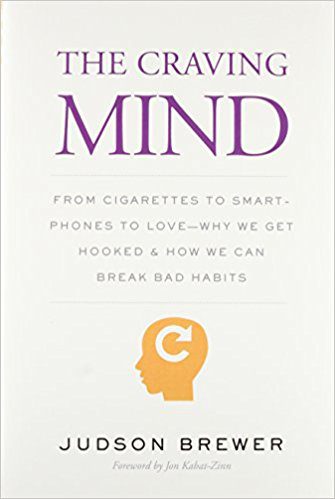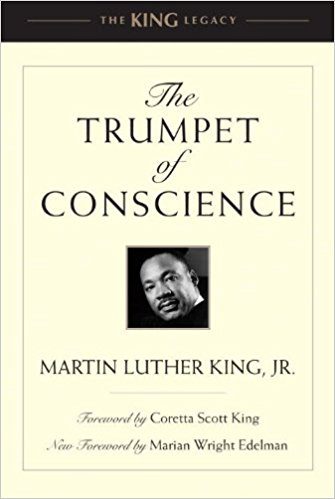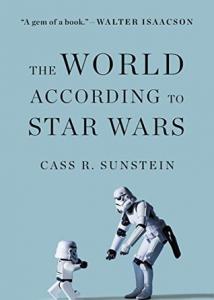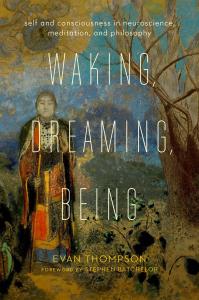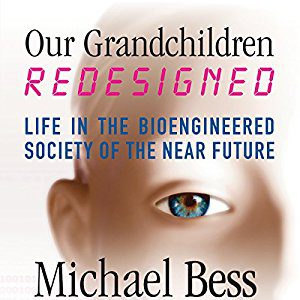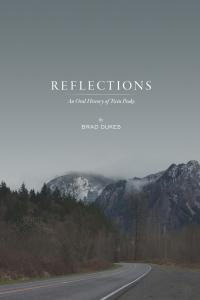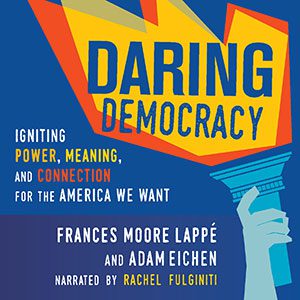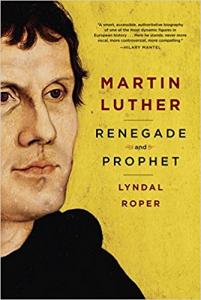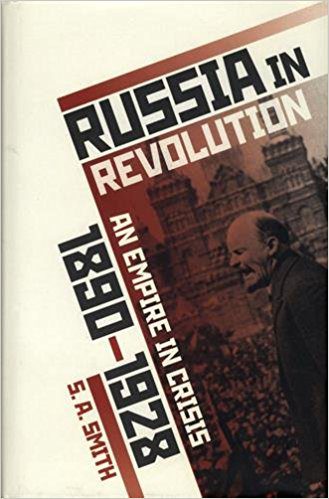The following are the top ten best books I’ve read since this time last year — in alphabetical order by the author’s last name because agonizing over a precise order would take all the fun out of remembering these books: 1. Democracy for Realists: Why Elections Do Not Produce Responsive Government by Christopher Achen and Larry Bartels(Princeton University Press, 2017): assails the romantic folk-theory at the heart of contemporary thinking about democratic politics and government, and offers a provocative alternative view... Read more


